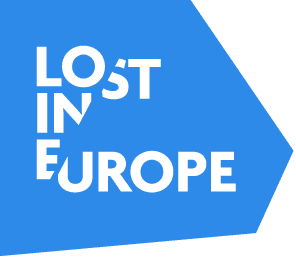Young migrants struggling with trauma, language barriers, and a lack of prospects become addicted to anti-epileptic drugs on the streets and in European reception centers. The problem can be traced back to the illegal market in Libya and European criminal networks with ties in North Africa. There is no clear approach. “The policy is focused on rejection and exclusion. That only makes the young people sicker,” says Meldpunt voor Perspectief in Utrecht.
Amine* is 21 years old when he arrives at the Meldpunt voor Perspectief in Utrecht in January 2025. He has been wandering around Europe for some time, without papers, without an address, and without a plan for the future. He once left Oran, a port city on the Algerian coast, for Spain.
He does not apply for asylum in any European country. Amine stays under the radar, living on the streets, invisible to the authorities.
In Utrecht, he seeks help. It is winter. Amine wants to claim the Cold Weather Regulation of the municipality of Utrecht. There he gets into conversation with the Meldpunt voor Perspectief: an aid organization for (former) asylum seekers and (undocumented) migrants from North Africa. He tells Chafik Chennouf, founder of the Meldpunt, about his wish. He wants to return to his mother, whose health is deteriorating. Amine wants to go home.
Chennouf is worried. “He is easily influenced,” he says. “He is vulnerable and did not finish school. That makes him naive.” In Utrecht, Amine quickly ends up in the wrong circles. “One day, he calls me in a panic. A group of Algerian boys had held a knife to his throat. They had stolen phones and ordered Amine to hide them. The police caught Amine and confiscated the phones. Then those boys came looking for him—they threatened to mutilate his face with the knife.”
At the end of January, Amine overdosed on the drug Lyrica, a sedative normally prescribed for epilepsy. “He wasn't addicted, and the overdose wasn't intentional,” Chennouf emphasizes. “He just didn't know what he was doing. Some young people use drugs because of hopelessness and stress, not necessarily because of addiction. For many, it's a way to suppress the pain, which makes it even more heartbreaking.”
*The name has been changed for privacy reasons.
Read a more extensive version of this article on SmallStreamMedia.








